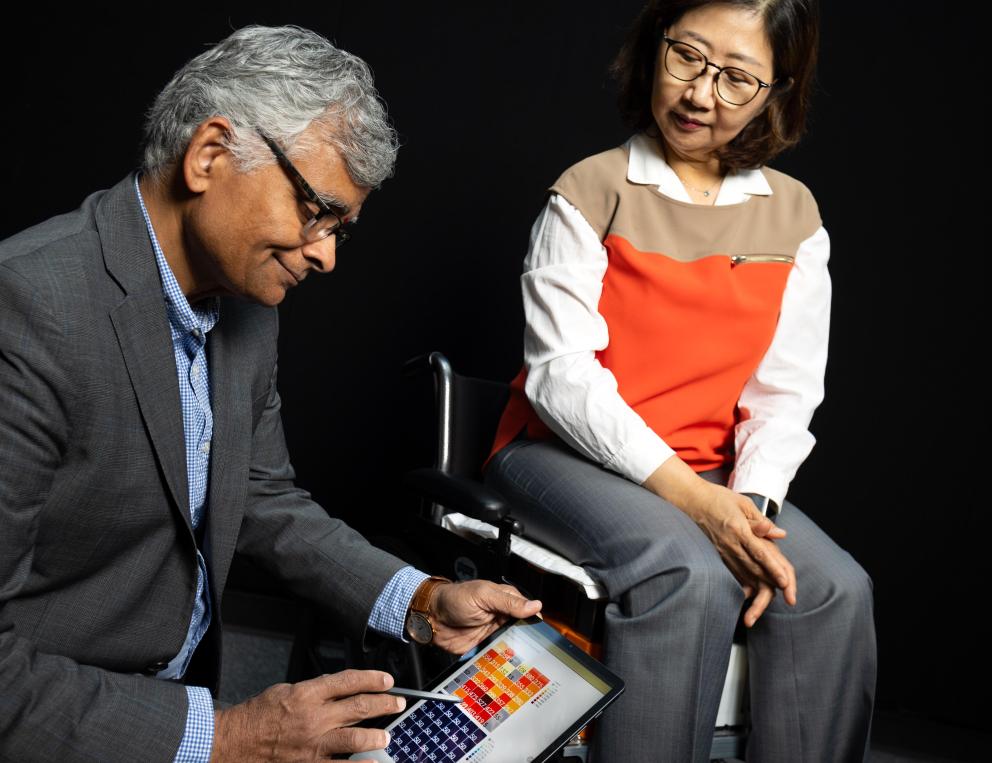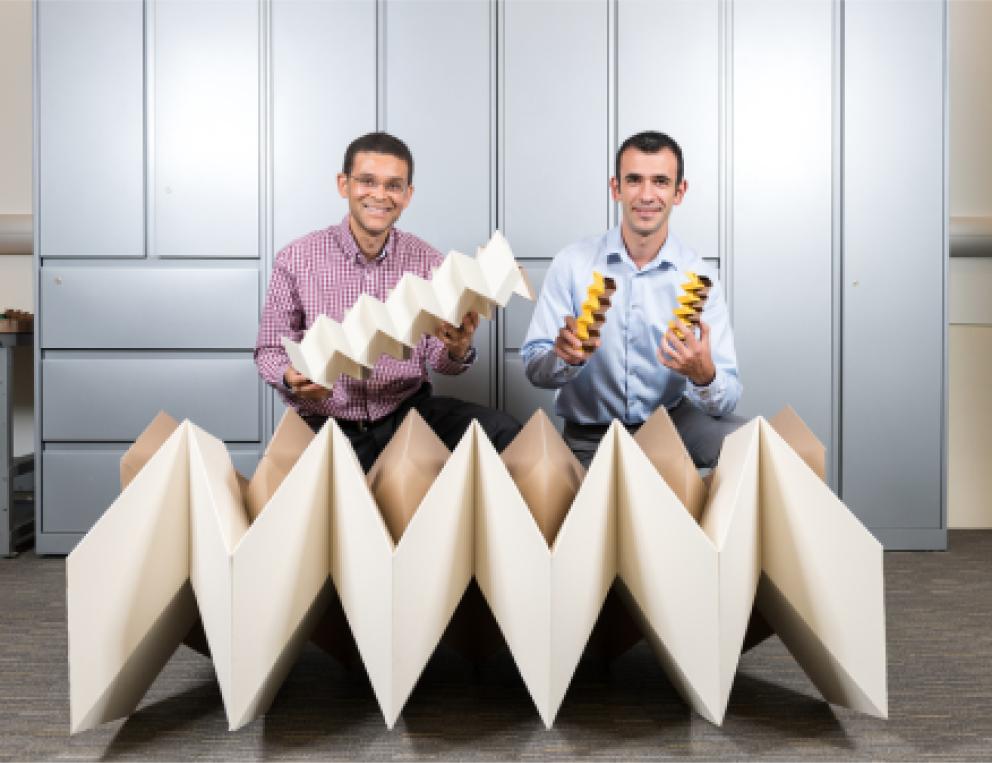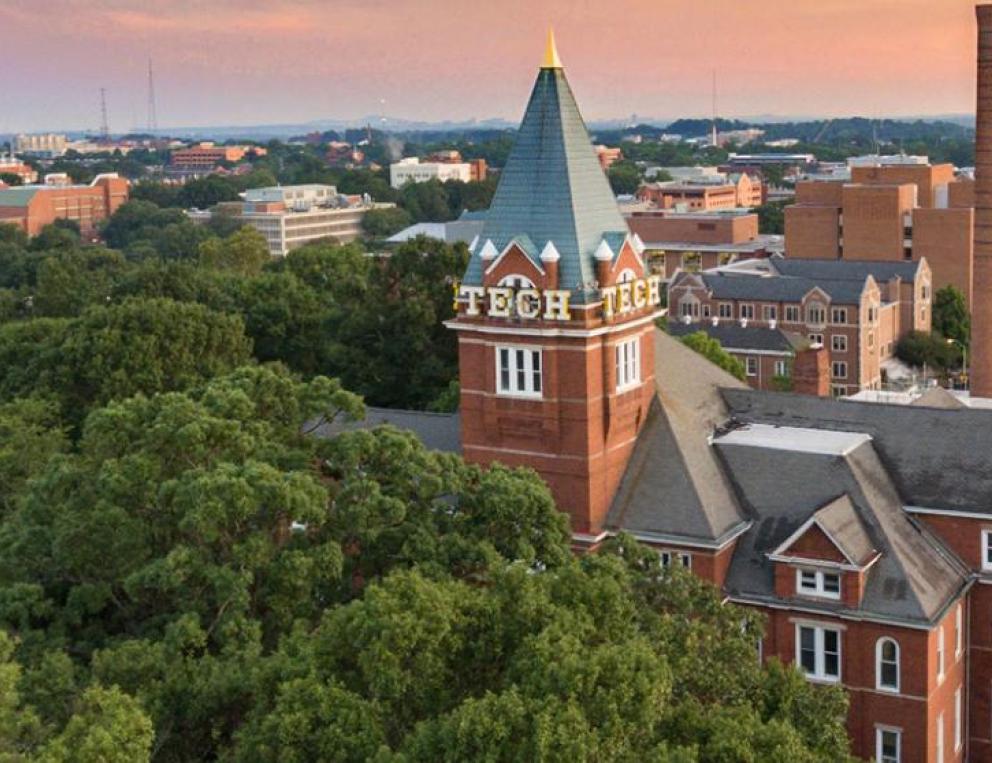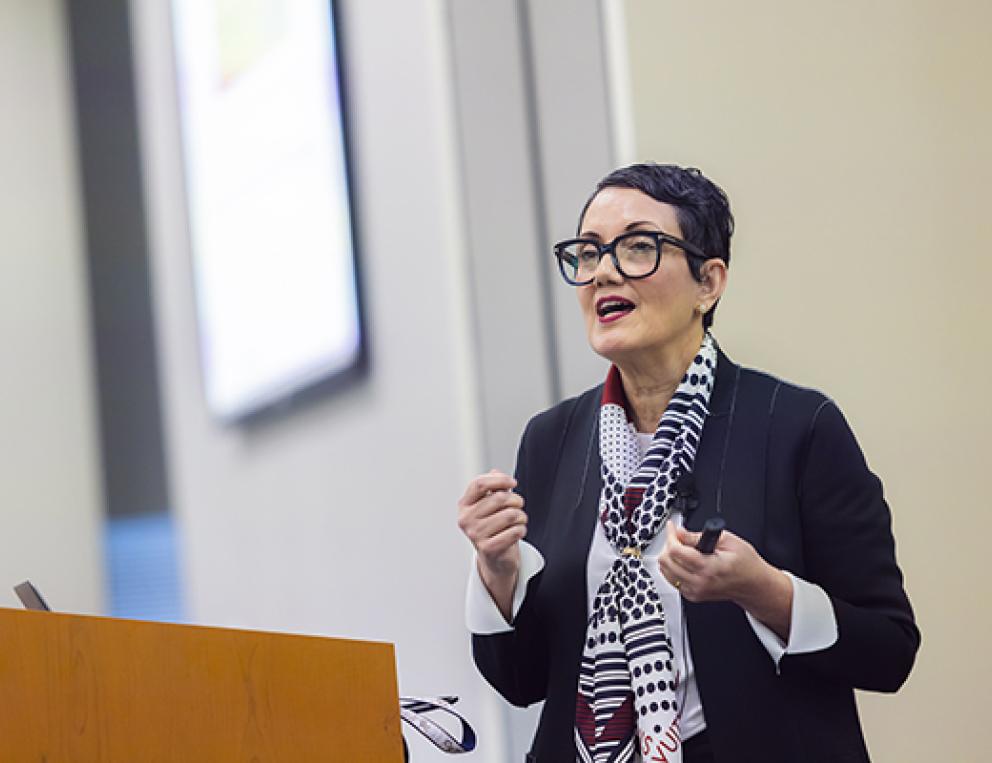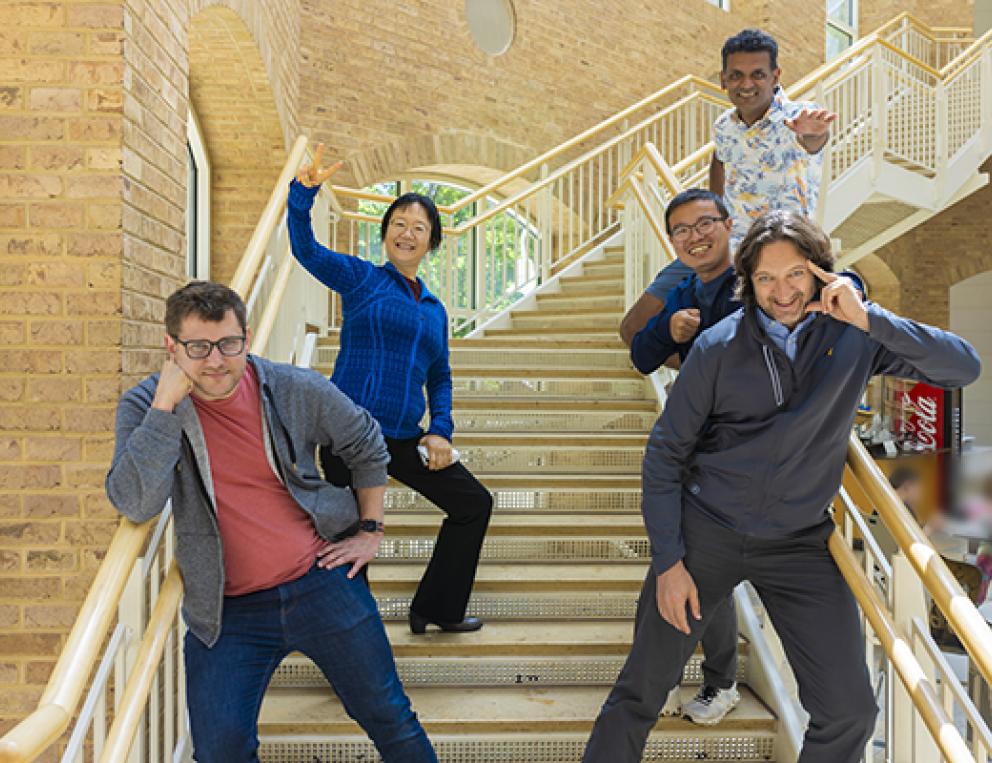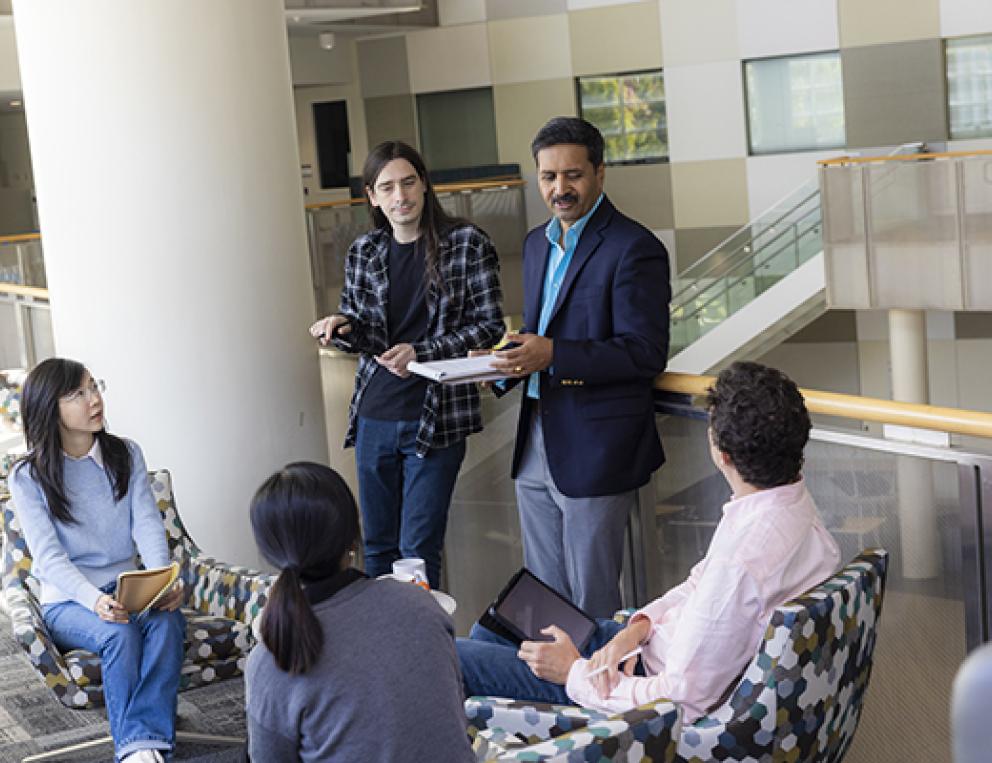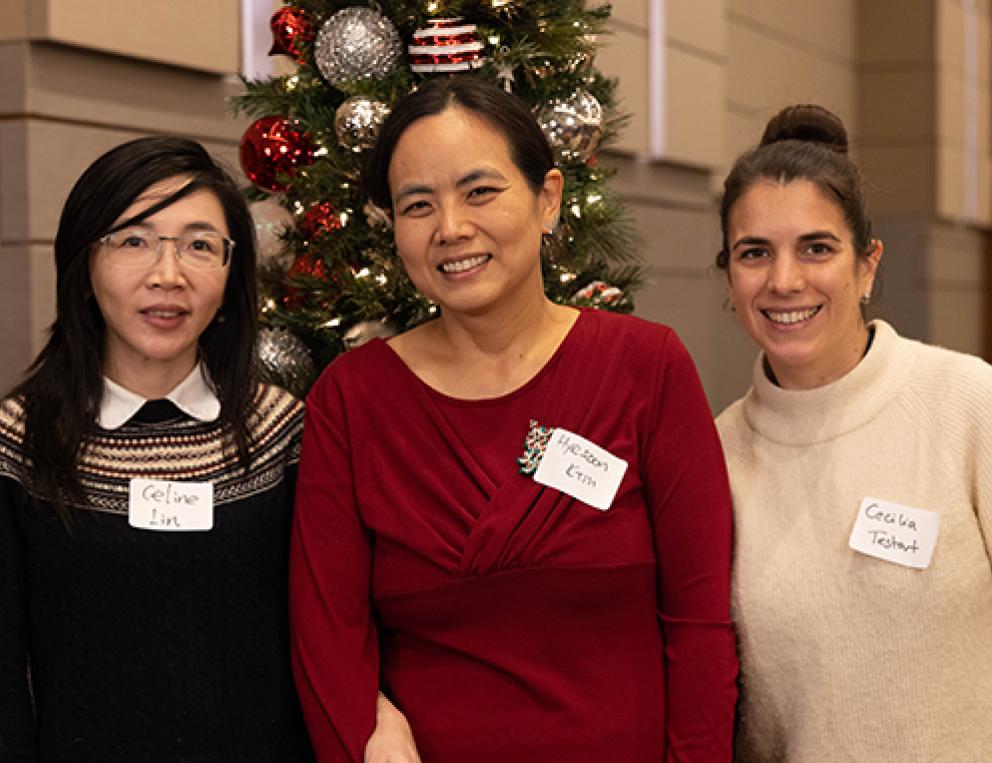Start Your Journey with Us
Georgia Tech is an elite research university where faculty sit at the center of our mission. We are known for our groundbreaking research in multiple subfields of computing, for our state-of-the-art facilities, our support for entrepreneurship, and for the work ethic and career success of our students.
The Georgia Tech Hiring processes must be fair and rigorous to ensure the successful recruitment and onboarding of the best candidate for each position. If you are interested in applying to work at Georgia Tech, please visit Careers @ Tech. In addition to the instructions listed under each position, each college has a Statement of Recruitment Procedures that defines its specific hiring practice. Please consult school- and college-level hiring administrators for this information.
Prospective Faculty Resources
Our Colleges
Meet Our Faculty
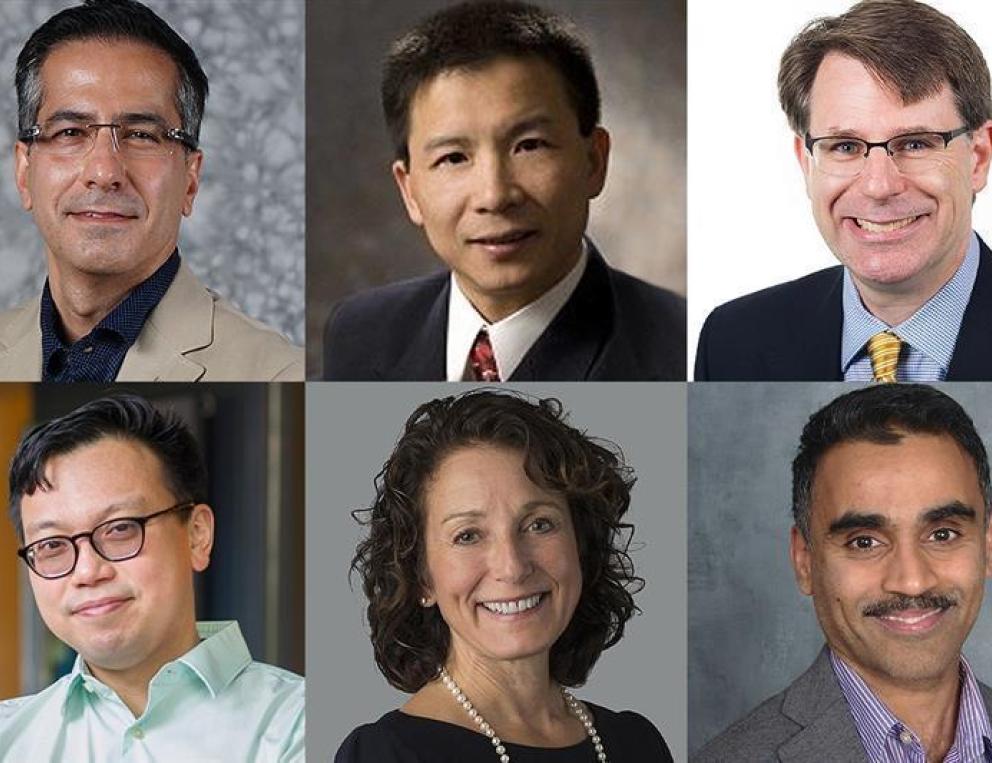
Six Named to National Academy of Inventors
Six Georgia Tech College of Engineering faculty members are among the National Academy of Inventors (NAI) 2023 Class of Fellows. The honor is the highest professional distinction awarded solely to inventors.
No other university or organization in the world has more honorees this year than Georgia Tech. The group of six holds more than 200 patents:
- Farrokh Ayazi, electrical and computer engineering
- Maohong Fan, civil and environmental engineering
- Christopher Jones, chemical and biomolecular engineering
- Wilbur Lam, biomedical engineering
- Susan Margulies, biomedical engineering
- Karthikeyan Sundaresan, electrical and computer engineering
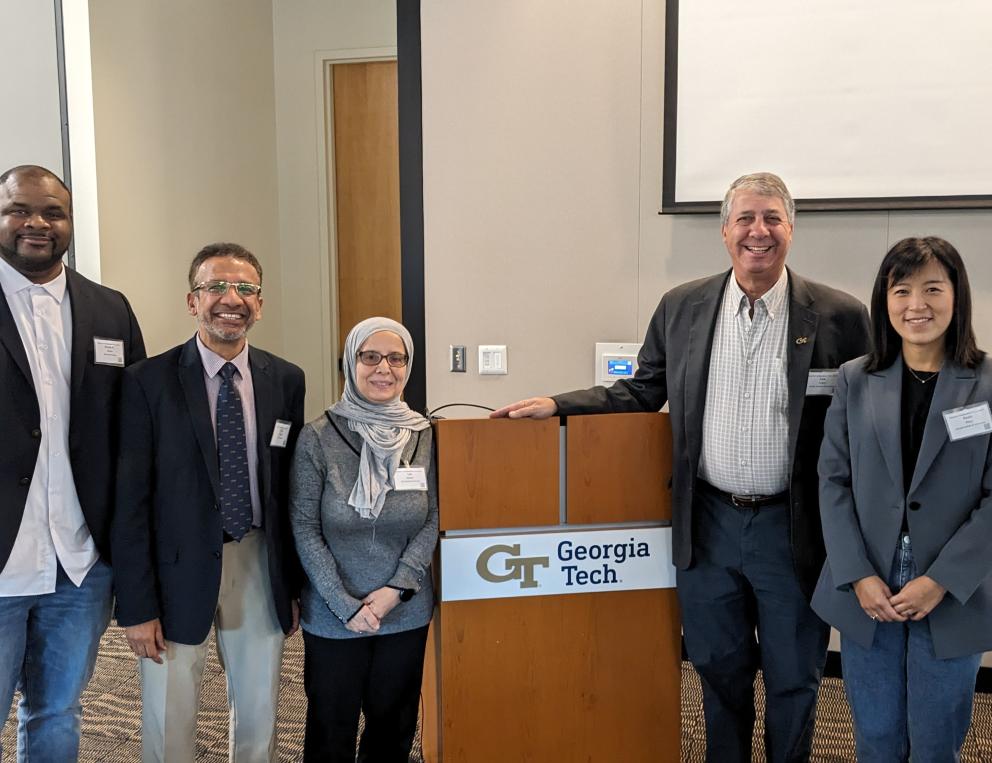
Georgia Tech Awarded $1.5M to Build People-Centric Network for National Research Database
Open access to research data and information will be key to spur the next wave of solutions to the world’s most complex problems. With that in mind, the National Science Foundation (NSF) is creating the first-ever prototype open knowledge network.
Lew Lefton, emeritus faculty in the School of Mathematics and former associate vice president for Research Computing, will lead the project. The team includes Kexin Rong, assistant professor in the College of Computing, and Didier Contis, executive director of Academic Technology, Innovation, Research Computing in the Office of Information Technology. Their knowledge graph will be centered on people, research topics, and organizations with a focus on elevating researchers at Historically Black Colleges and Universities (HBCUs) and Minority Serving Institutions (MSIs).
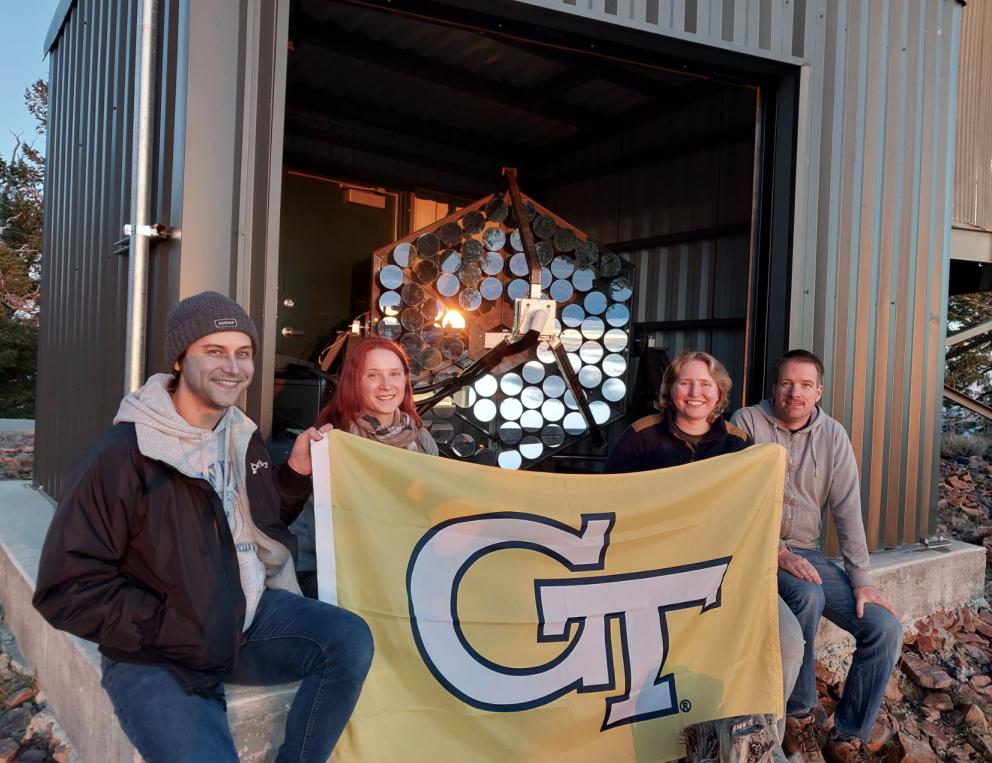
Physicists Focus on Neutrinos With New Telescope
Georgia Tech scientists will soon have another way to search for neutrinos, those hard-to-detect, high-energy particles speeding through the cosmos that hold clues to massive particle accelerators in the universe — if researchers can find them.
“The detection of a neutrino source or even a single neutrino at the highest energies is like finding a holy grail,” says Nepomuk Otte, the principal investigator for the Trinity Demonstrator telescope that was recently built by his group and collaborators, and was designed to detect neutrinos after they get stopped within the Earth.
The NSF-funded effort will eventually create “the world’s most sensitive ultra-high energy neutrino telescope.”
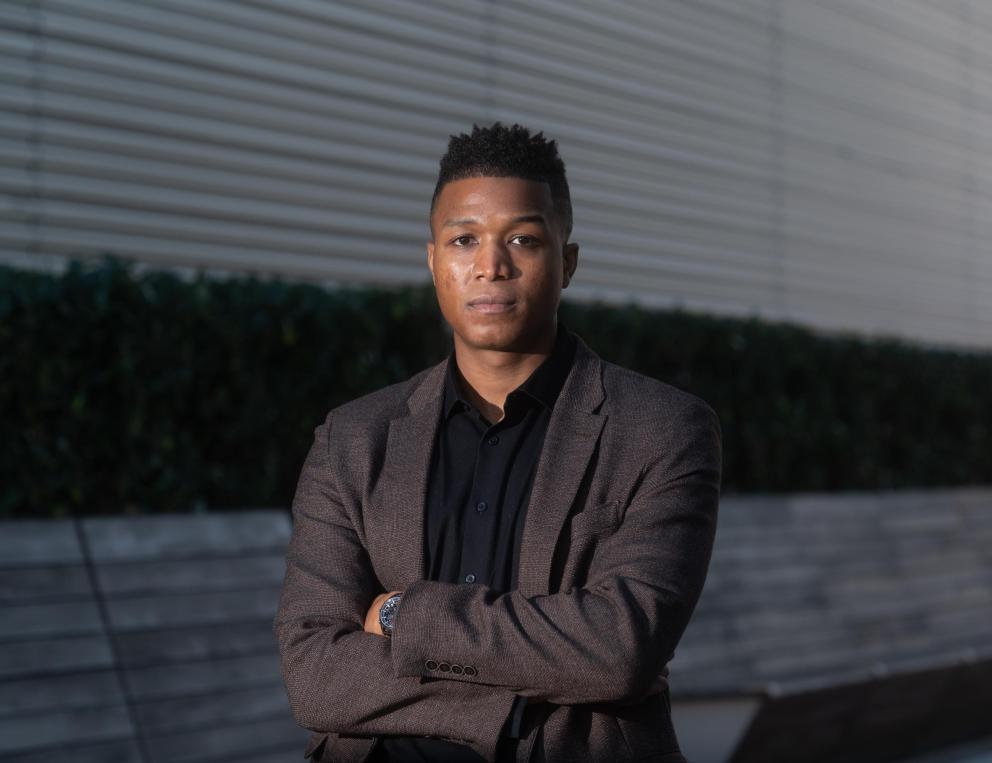
Researchers Find that to Achieve Long-term Sustainability, Urban Systems Must Tackle Social Justice and Equity
Inclusivity and understanding past policies and their effects on underserved and marginalized communities must be part of urban planning, design, and public policy efforts for cities.
An international coalition of researchers — led by Georgia Tech — have determined that advancements and innovations in urban research and design must incorporate serious analysis and collaborations with scientists, public policy experts, local leaders, and citizens.
“Climate change has certainly increased the amount and intensity of extreme weather events and because of that, it makes our decision making today critical to the manner in which our economy and our day to day lives can operate,” said Joe F. Bozeman III, the lead author and an assistant professor in Georgia Tech’s School of Civil and Environmental Engineering.

